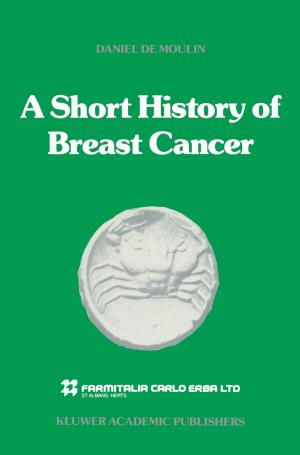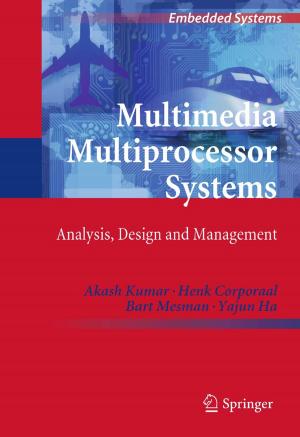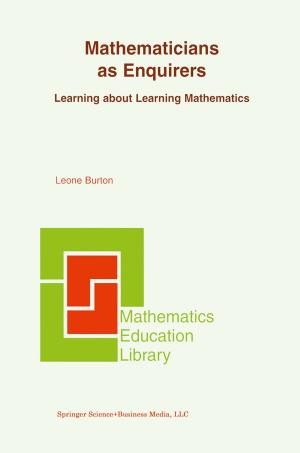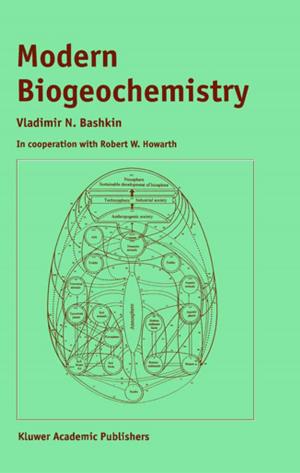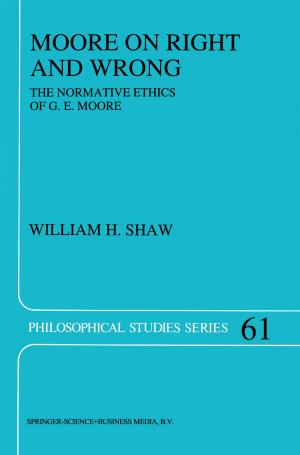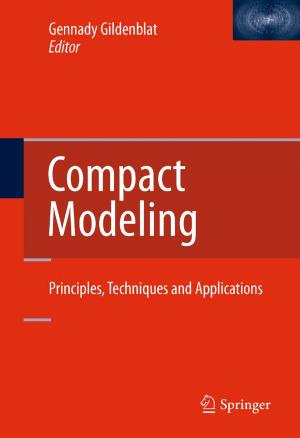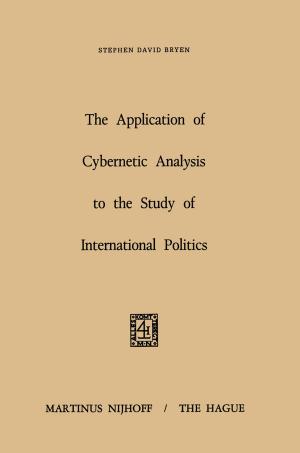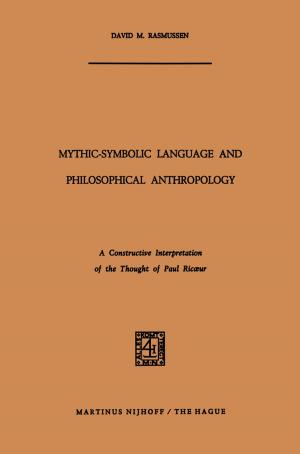Medical History and Physical Examination in Companion Animals
Nonfiction, Health & Well Being, Medical, Veterinary Medicine| Author: | ISBN: | 9789401104593 | |
| Publisher: | Springer Netherlands | Publication: | December 6, 2012 |
| Imprint: | Springer | Language: | English |
| Author: | |
| ISBN: | 9789401104593 |
| Publisher: | Springer Netherlands |
| Publication: | December 6, 2012 |
| Imprint: | Springer |
| Language: | English |
creation no falsification falsification Tl rejected creation etc. Figure 1-1 delivers such a result that the theory must be seen as an extension of Popper's rational proce discarded. In this way we come at the same time dure for theory elimination. to the border between science and nonscience: a Popper's naive falsifiability knows only one theory is scientific if it is falsifiable. It is thus way, the elimination of what is weak. The so not scientific to bring additional evidence to phisticated falsifiability, in contrast, knows only bear in vindication of the theory; the theory elimination in combination with the acceptance would thereby take on the character of an un of an alternative. According to sophisticated fal challengeable certainty of belief ('religion'). sifiability, a scientific theory T r is only aban Following Popper, others such as Kuhn, with doned if its place is taken by another theory T2 his paradigm theory, have considerably extended which has the following three characteristics: 1 the range of thought over what is scientific and T 2 has more empirical content than TI; the new what is not.
creation no falsification falsification Tl rejected creation etc. Figure 1-1 delivers such a result that the theory must be seen as an extension of Popper's rational proce discarded. In this way we come at the same time dure for theory elimination. to the border between science and nonscience: a Popper's naive falsifiability knows only one theory is scientific if it is falsifiable. It is thus way, the elimination of what is weak. The so not scientific to bring additional evidence to phisticated falsifiability, in contrast, knows only bear in vindication of the theory; the theory elimination in combination with the acceptance would thereby take on the character of an un of an alternative. According to sophisticated fal challengeable certainty of belief ('religion'). sifiability, a scientific theory T r is only aban Following Popper, others such as Kuhn, with doned if its place is taken by another theory T2 his paradigm theory, have considerably extended which has the following three characteristics: 1 the range of thought over what is scientific and T 2 has more empirical content than TI; the new what is not.



